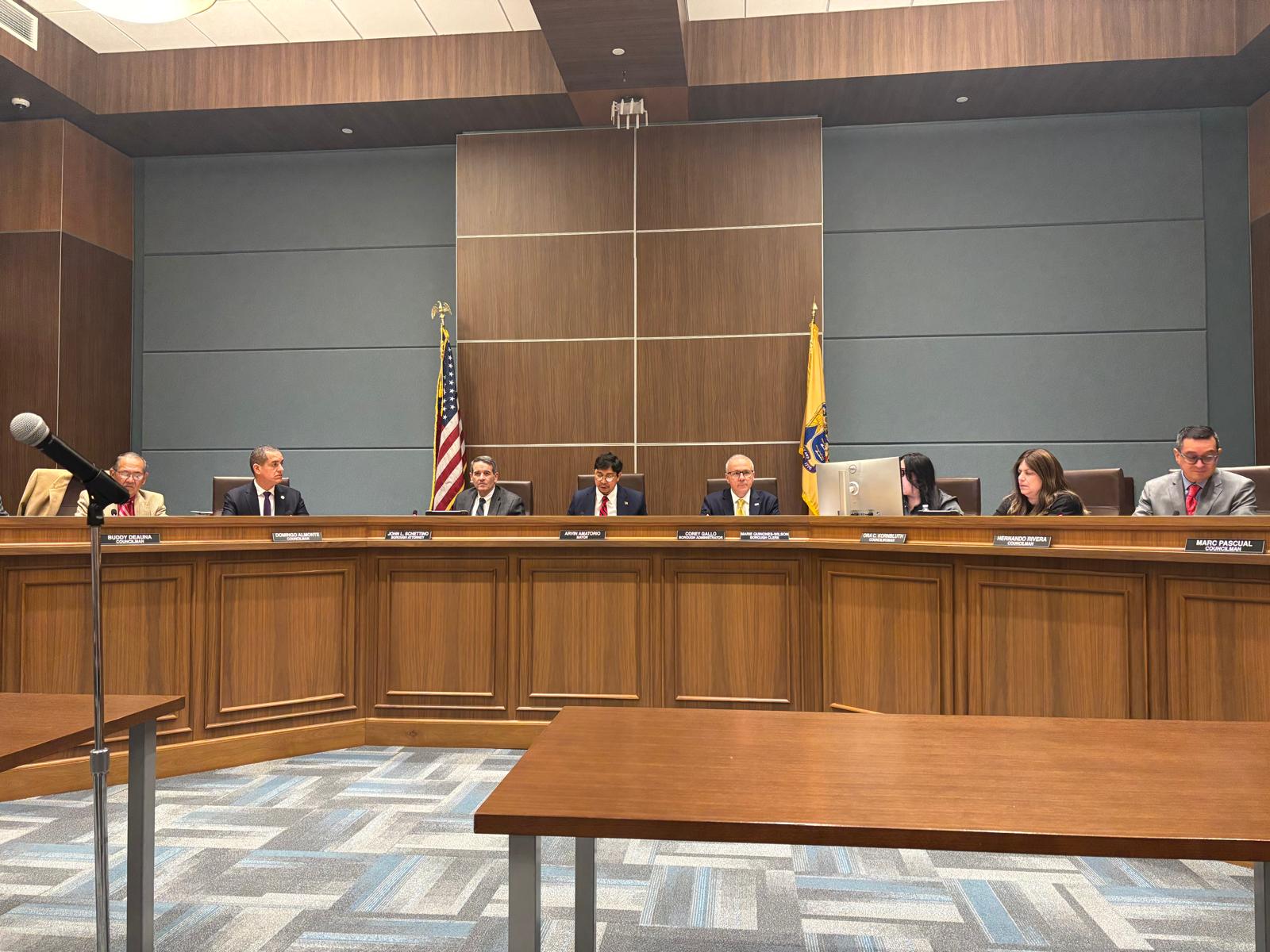
Divorce is likely to stir a whirlwind of feelings and emotions that you are not quite sure how to handle. Still, your ex-spouse will always be the parent of your children, and you want to continue to set positive examples for your children to follow. You had history with your children’s other parent, and while you are no longer legally married, you can still remember them and get along for the sake of co-parenting.
Divorce is never easy, and there is a process of healing and recovery for not only parents, but children too. You can help your child continue to be thoughtful, build character and strengthen family ties even after you and your spouse have parted ways.
A crucial frame for a successful divorce is to view divorce not as the destruction of the family, God forbid, but as a restructuring, or reorganization, of the family. While this might be a natural frame for some divorcing couples, I am sure it might feel like a big stretch for others. One of the biggest advantages of divorcing through mediation or the collaborative law process is that these problem-solving approaches to divorce help support the family to transition the best way possible, in a way that addresses the needs of all family members. This stands in contrast to the traditional adversarial divorce process that pits spouses as adversaries in a legal battle where the court is the ultimate decision maker for the family.
These differences become highlighted in thinking about how divorcing couples approach Mother’s Day and Father’s Day. Toward the goal of cooperative co-parenting, here are some suggestions to consider:
Gift Giving on Mother’s Day and Father’s Day
Mother’s Day and Father’s Day is about showing your child how to celebrate their parent regardless of how you may feel about one another. On Mother’s Day, you should absolutely help your child pick out a gift for them to give to the other parent. The same effort and energy should be replicated on Father’s Day. These are opportunities to teach your child about the importance of parents and how much they are loved and appreciated. A simple flower, a thoughtful card or even sharing a meal and allowing the child to create memories are priceless gifts. The time spent teaching your child how to be grateful for their other parent and setting an example for them through your own behavior is more valuable than you realize and will likely have an impact for generations.
Mother’s Day and Father’s Day does not only have to be about the child. Even if you are no longer married, your ex is a part of your child, and most co-parents can find something you appreciate about the other parent. Mother’s Day and Father’s Day are the perfect time to take that uncommon moment to reflect on what you appreciate about your co-parent and even to let him or her know.
Your Child Is Always Watching
How you behave towards your ex and things you say around your child matter. Children look to their parents for guidance and understanding. Remember that your child is always watching you and that your body language is also a form of communication. On Mother’s Day and Father’s Day, be mindful of how you want your child to celebrate their parent. These days are learning opportunities for your child. It’s best they learn how to treat others from their own parents.
Lastly, an added benefit of helping your children prepare for the other parent’s special day is that you can use this opportunity to bond with your children, as you work and plan together what you will do for the other parent. With all the distractions of screens and phones, it is a great and meaningful chance to not only spend quality time with your children, but to do so with all the right messaging and values to impart to them.
Wishing all parents a Happy Mother’s Day and Father’s Day!
Adam Berner specializes in mediation and collaborative family law and is the owner of the Berner Law & Mediation Group, with offices in Manhattan and Hackensack. As a pioneer in the family dispute resolution field for the past 25+ years he has served as president of the Family & Divorce Mediation Council of New York and founding president of the New Jersey Collaborative Law Group. In addition to his private practice, Adam is a mediation trainer and adjunct professor at YU’s Cardozo School of Law, where he teaches mediation and collaborative law. Additional information can be found at www.MediationOffices.com.













